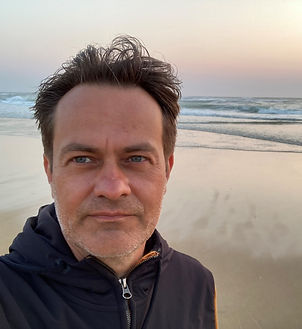
Bites & Beaches: Mosquitoes on the Coast





Explore nature's wildest forces after dark! From mosquitoes and malaria to bold plans reclaiming land from the North Sea, these talks will challenge your views on insects, coastlines, and the future. Get ready for a science adventure!
Mosquito Raves After Dark: The Secret Lives of Swarming Anopheles
Sofia Vielma
PhD researcher
Institute of Tropical Medicine
When the sun sets, the party begins! Anopheles coluzzii mosquitoes gather in massive aerial raves, pulsing through the night sky in synchronized swarms. While we often think of mosquitoes as bloodsuckers, their behavior plays a crucial role in their mating strategies and, ultimately, the transmission of malaria. But here’s the twist, although it has been generally known that only males rave, females have also been found to dance! My research explores the hidden lives of mosquito swarms, why some keep dancing long after others have left, and how this knowledge could lead better malaria control strategies.

Make Belgian Coast Great Again
Sebastian Dan
Researcher
Flanders hydraulics, Antwerp
Ten thousand years ago, the North Sea was smaller with sea levels over 100 meters lower. Since then, sea levels have risen, and the North Sea advanced toward Belgium. About 1,000 years ago, people began stabilizing the coastline, leading to a constant struggle against flooding. Recently, the accelerated rise in sea levels has forced a rethinking of coastal protection. A new plan, Kustvisie, proposes gaining 100 m from the sea in the coming decades, creating not only safety but a greater Belgium. Can we make this plan happen, or will it just gather sand on a shelf?

.png)
